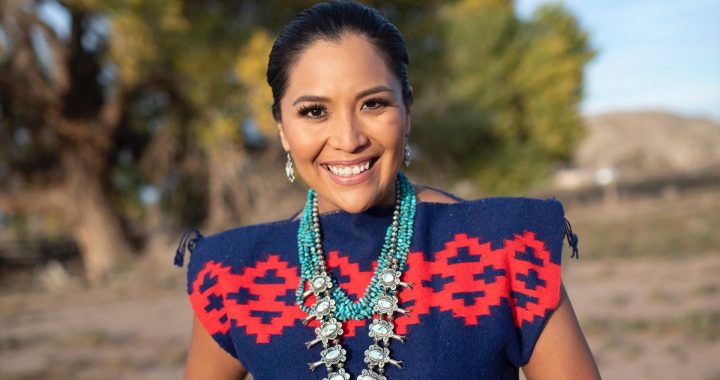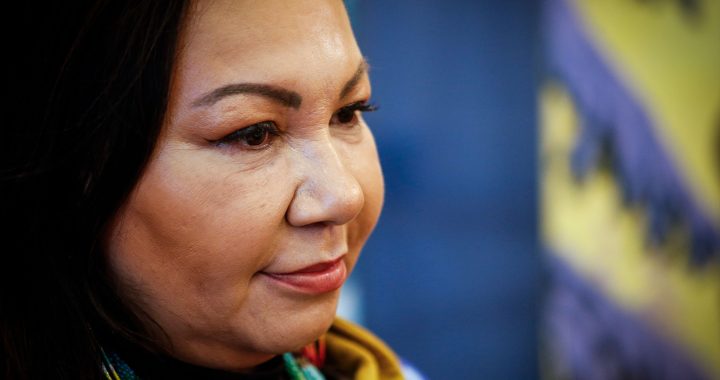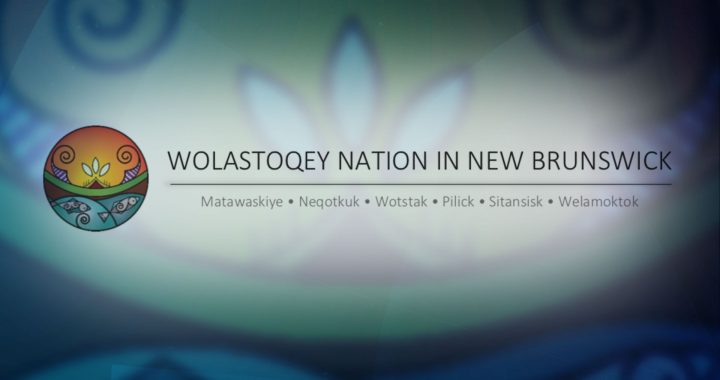Before the municipality of Oka successfully passes a bylaw staking a legal claim to the Pines – a revered forest on Kanesatake Mohawk lands – Grand Chief Serge Otsi Simon says he’s taking the dispute to court.
On Monday, Mohawk Council of Kanesatake announced it filed “legal actions” against the neighbouring municipality of Oka – as well as the province of Quebec – after Oka “wrongfully designated the ‘Pines’ as being a municipal heritage site,” according to an MCK press release.
“I’ve said this before: They’ve taken our land, they took our children, they took our resources, they took our language, and they took our culture – you know what? They’ve taken all they’re going to take now. We’re taking back,” Simon told APTN News.
Kanesatake’s legal representatives say Oka’s bylaw was “adopted in bad faith for an improper purpose” and constitutes “an abuse of power, unreasonable, and contrary to the honour of the Crown.”
Last week, Mohawk Council filed for a judicial review in Quebec Superior Court, asking it to “quash and declare null” Oka’s bylaw before it is certified by the provincial government.
They also want Quebec to prohibit Oka from taking any other measures to interfere with transfer of the Pines to “Mohawk control.”
A copy of the legal document was also forwarded to the United Nations’ Permanent Forum on Indigenous Issues, according to Simon.
“That’s why this resolution will be squashed – it flies in the face of every right that we have to safeguard our own heritage, our own history,” Simon added.
“When the UN sees the word ‘Oka’ on that thing – you’ll see how fast the attention turns to Quebec,” he said.
The Pines forest, the inspiration for Oka’s recent heritage bylaw, was also the site at the heart of the 1990 standoff.
Today, two-thirds of the Pines are privately owned by Oka-based developer Gregoire Gollin, who offered to donate a portion of the forest back to Kanesatake through the federal government’s ecological gift program.
Read More:
‘We’re not tolerating this’: Kanesatake pushes back against any development on unceded land
Kanesatake grand chief says Oka’s attempt to take over the Pines is ‘mind boggling’
In response to Kanesatake’s accusations of ongoing land theft, Oka Mayor Pascal Quevillion said he’s “not surprised” they’re now taking legal action.
In a phone interview, Quevillion explained Oka is trying to protect the ecological and historical sanctity of the Pines “once and for all.”
“If ever the ecological gift is made – and that would surprise me – we’re very worried for the Pines because of what happened to the part that was purchased by the federal government 30 years ago,” Quevillion explained Monday.
“It’s part of Highway 344 where, today, we find cigarette and cannabis shacks,” he added.
In Quevillion’s view, Mohawk Council’s complaint about lack of consultation on the bylaw is unfounded.
He says Simon signed the agreement with Gollin in 2019 behind Oka’s back, in a “childish” move that showed a “big, big lack of respect for the municipality.”
“To come and tell us after the fact that we should have consulted before passing our bylaw – it’s a little ironic. “We need to consult [Kanesatake] to do everything, but them – they don’t have the obligation to consult us?” Quevillion said.
“Municipalities don’t have any obligation to consult with Indigenous communities – it’s really the federal and provincial governments that are obliged to do so,” he added.
Despite this argument, a legal analysis completed on behalf of the Mohawk Council of Kanesatake back in October revealed a possible hidden agenda.
According to the analysis, Oka’s heritage designation gives the municipality the right to control and/or veto any projects or initiatives involving the Pines – including transfer of Gollin’s ecological gift back to the community.
“[Simon’s] playing in our sandbox – and if he keeps coming to play in our sandbox, there are going to be conflicts,” Quevillion said.
The federal government is also being “put on notice” as part of the legal proceedings, “because Oka is a creation of the Crown in the Right of Quebec, rather than the Crown in Right of Canada,” according to the Mohawk Council press release.
Council says they’ll argue the bylaw is invalid because Kanesatake was not consulted by the Crown.
“We’ve got plenty of evidence to suggest this is – and I hesitate to use the word ‘racist’ – but there are hints of racism within that resolution,” Simon explained. “And that’s what we’re going to prove in court.”
In December, after a confrontation between Quevillion and the group called “Kanehsatake Land Defenders,” Indigenous Affairs Minister Ian Lafreniere appointed a negotiator to “identify feasible solutions” in the ongoing cohabitation disputes.
A Ministry spokesperson reiterated the Pines file “is an important issue” in an email to APTN on Monday.
“Indeed, [Lafreniere] appointed a negotiator at the beginning of December for the issue of cohabitation between Kanesatake and Oka. The Pines file is also taken care of by the negotiator,” the email reads.
Lafreniere’s office refused to comment directly on the suit “as the case is now before the courts.”
“In my view – there’s no negotiator,” Simon explained. “I told [Quebec] I didn’t ask for a negotiator. I have nothing to negotiate with Oka.”
“I’m not negotiating our heritage, our titles, our rights with Oka,” Simon added.









